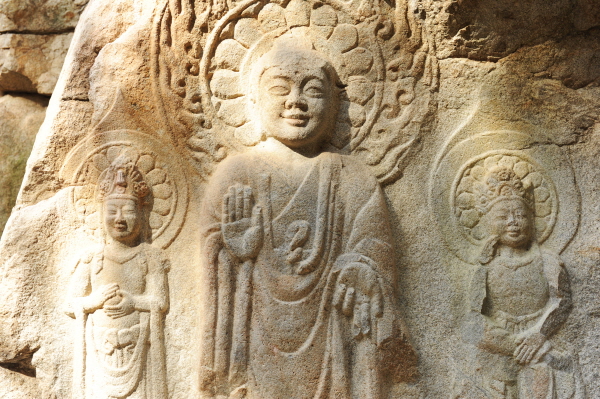I would not likely call myself a bibliophile. I do love afternoon reading with a coffee and falling asleep with a lamp turned on, light shone over the book that my hands still hold. Yet I was not the type of student who voluntarily talked to the librarian, looked for recommendations, or wrote about a book I read. I did not believe a single book could change my life.
That was only until I started to work at the school library in my middle school.
Not exactly work, as it was performed in the form of volunteering work. I never wanted to do it either, as I feared librarians (due to a bad memory of ringing alarms in my youth). Long story short, the library needed more people to work, and one of my friends (yes, I did have some friends) asked me to apply, as he thought I was suitable for the job. (Later I found out that it was only because the library was the only place I could be seen during school vacation.) It turned out to be better than I thought. Though there were days I headed home two hours later my school dismissed, I still loved to plunge myself into the bookshelf, helping books find their places. Eventually, I began to like Fridays, the day I did my volunteer work.
Friday was not my only reason to love volunteer work. I loved planning events for the library (the librarian liked my ideas, she actually helped to make it come true on my 9th grade). I loved being able to borrow 5 books at once, just because I was one of the people working there. I loved the treats given after the work and little chit-chats on the week passed by. But mostly, I liked the treasure hunt among the long aisles of bookshelves.
One of the books I found during my volunteer was <Happiness Is ... : 500 things to be happy about (해피니스: 몰랐던, 잊었던, 작은 행복 500가지)> by Lisa Swerling and Ralph Lazar. The content is pretty straight-forward - this book is on the little items that brighten our daily lives, and the writers show how to pay gratitude to them. There are more books in series; about 500 ways to be happy on the moment, 500 ways to show how I love you, and 3-year-journal on how to be happy every day.
Some contents seem inappropriate in every day happiness - I cannot afford to take luxurious baths every day. There were things seemingly repetitive; I saw no difference between 'twerking' and 'dancing'. However, just by having the book on my hands filled my mind with delight. I am sure I was happy, at least on the moment I was reading the book.
I haven't thought about this book after graduation, the last time talked to the librarian. I couldn't see her more, as she seemed to have left school (which was sad, considering all vacation camps I participated). Today one of the videos on YouTube recommended me reminded of the sweet afternoon breeze that passed through my nose and eyes as I flipped the pages.
A note I wrote on that date showed how amazed I was by how there were so many things a person can write in the book that instantly made the reader smiling. I was also amazed that the book had no explanations, but only several words describing each picture. And I was in awe, overwhelmed by the feeling I experienced.
Back then, I doubted if gratitude (and gratitude journal) actually helped people feel better about their lives and feel happier. I did enjoy thanking events in my daily life, but I thought that it was somewhat obvious to have such feeling and that happiness should be somewhat grand, derived from a massive emotional climax of a meticulous plot. As I recall this book today, I feel as if I had been neglecting the value of happiness - the slightest joy that brightened my life.
Every Two Set video uploaded on YouTube, comments made by my favorite artists, reply from one of my role models.
A short walk with my friend, perfect dines with perfect mates, a pack of cold chocolate milk completing the tiring week.
Photos taken at the perfect moment, short conversations after role-call, homework done in time without staying up all night.
There were more things filling my life with contents than I thought.




















